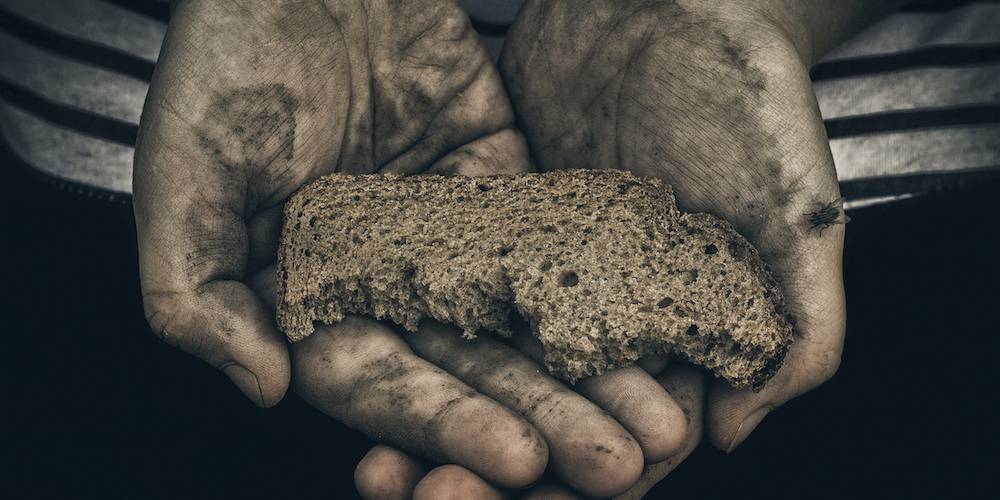New research suggests that some of Australia’s emergency food charity strategies are flawed, and that recipients want more than a ‘handout’ to escape food insecurity.
Rather than ‘trap’ recipients in the cycle of short-term relief, research from Flinders University and Curtin University suggests that more ‘sustainable’ solutions to the growing problem are needed.
The study of 54 adults across South Australia last year reveals insightful perspectives from recipients, including the emotional cost and consequences of seeking food assistance.
As food prices rise and families struggle to pay the bills, people who receive emergency food relief are grateful but crave long-term ways to rise above the poverty line – including through innovative social enterprise programs.
Associate Professor Ian Goodwin-Smith, director of the Australian Centre for Community Services Research at Flinders, says that recipients want more than just a ‘handout’: they want more ‘empowering’ forms of food assistance that would humanise their experience and place power back in their hands.
“They want more than just food. They want social interaction and connection to services and opportunities. They want to reciprocate, to give something back.”
Food insecurity is rising in South Australia. Some 75,000 South Australians (4.2 per cent of the population) were classified as food insecure in 2015 in an Anglicare report, with women, the unemployed, the homeless, low-income households and Aboriginal and Torres Strait Islanders among the most marginalised.
There is also evidence that reliance on food charity among middle-income Australian families and a growing number of ‘working poor’ may reflect the unaffordability of household utility bills.
Feedback from South Australian food charity recipients suggested that passively receiving charity might actually serve to alienate and disempower those most in need. Handing out supermarket vouchers helped to foster autonomy, but was not the ultimate answer.
“What people want is a pathway out of food insecurity,” says the paper’s co-author, Dr Sue Booth. “It is not people’s fault they need assistance, as low income, unemployment, sickness and inadequate welfare are usually involved.”







